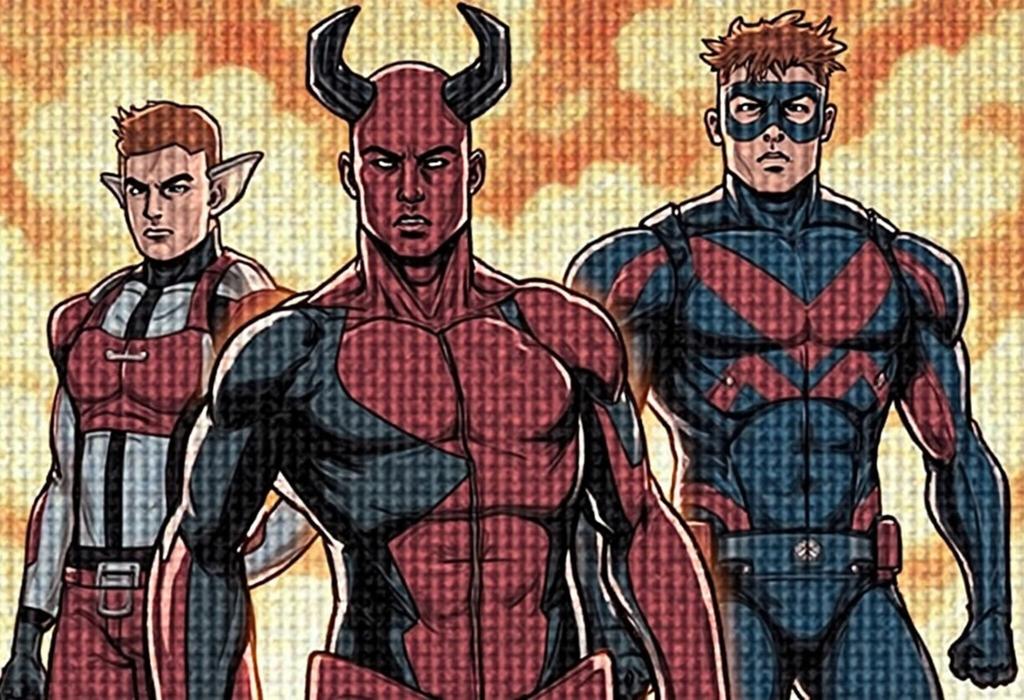Marvel Studios has officially rebranded its latest film, Thunderbolts, to The New Avengers shortly after its theatrical release. The move has sparked a debate among fans and critics alike regarding the implications of this title change and its effect on the film's narrative integrity. Backstage at the film's Hollywood premiere, the cast recorded a video to unveil the new title, which is presented as a surprise twist within the film itself. The unconventional team of antiheroes, including Yelena Belova (Florence Pugh), Bucky Barnes (Sebastian Stan), and Red Guardian (David Harbour), navigates a treacherous mission orchestrated by the enigmatic Valentina Allegra de Fontaine (Julia Louis-Dreyfus).
This sudden marketing campaign, which features actors like Florence Pugh actively swapping out posters and promotional materials, raises questions about the strategy behind the change. Critics are divided, suggesting that it may be a desperate attempt to boost the film's performance at the box office following reports of underwhelming opening weekend numbers. On the other hand, it could also simply be a bold marketing tactic to capitalize on the established recognition of the Avengers brand to attract a larger audience.
Despite differing opinions about the rebranding, the film has garnered praise for its character-focused storytelling, particularly highlighting emotional depth through performances, especially from Pugh. However, the early revelation of such a significant plot twist in marketing creates a paradox: for those who experience the film first, the surprise is diminished, while for potential viewers, they may feel spoiled prior to even entering the theater.
With dialogue surrounding the transformation of the film and its characters, especially in a post-Endgame Marvel universe where the stakes have changed, this evolution could reflect sweeping changes in franchise storytelling dynamics. Thunderbolts, in this peculiar context, symbolizes Marvel's effort to grapple with its identity in a shifting cinematic landscape where superhero fatigue is a growing concern. Fans wonder how this rebranding aligns with the long-term aspirations of the Marvel Cinematic Universe (MCU) as it seeks to introduce new heroes, rooted in a narrative that can resonate with audiences fed up with repetitions of the past.
AD
AD
AD
AD
Bias Analysis
Bias Score:
60/100
Neutral
Biased
This news has been analyzed from 15 different sources.
Bias Assessment: The article reflects a moderate bias, leaning towards skepticism regarding Marvel's marketing strategies and the necessity for the rebranding of the film, while still recognizing the film's strengths. This bias stems from the critique of marketing decisions that could disappoint audiences, hinting at a belief that corporate strategy sometimes undermines artistic integrity.
Key Questions About This Article




